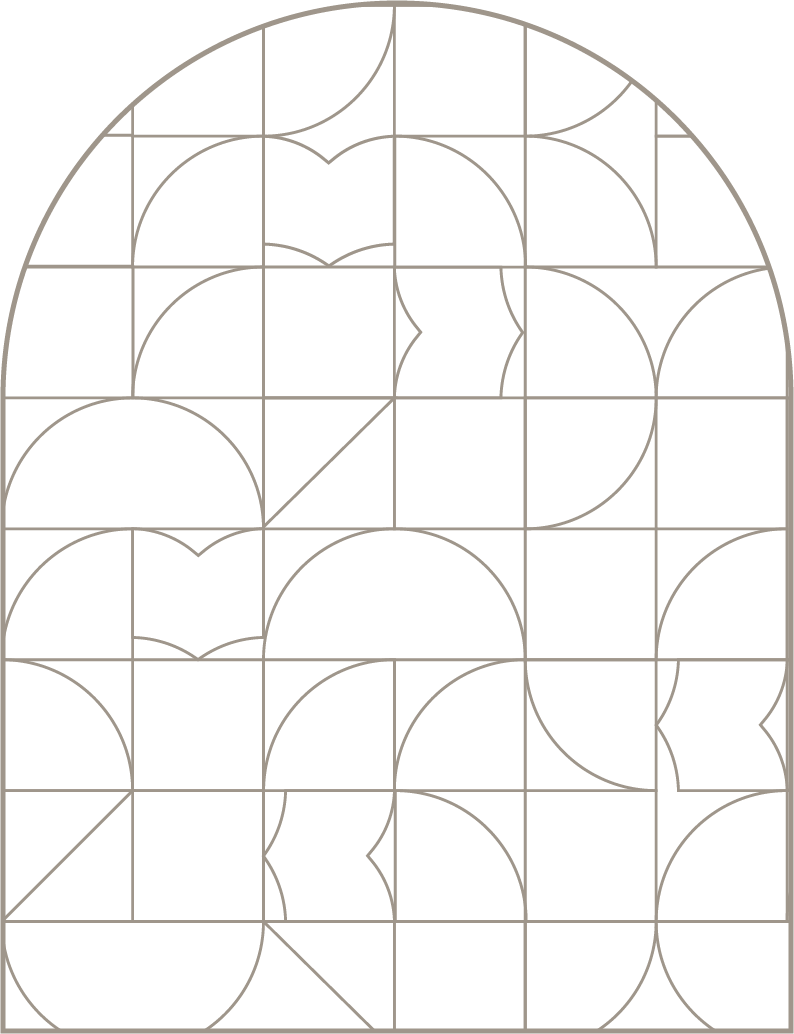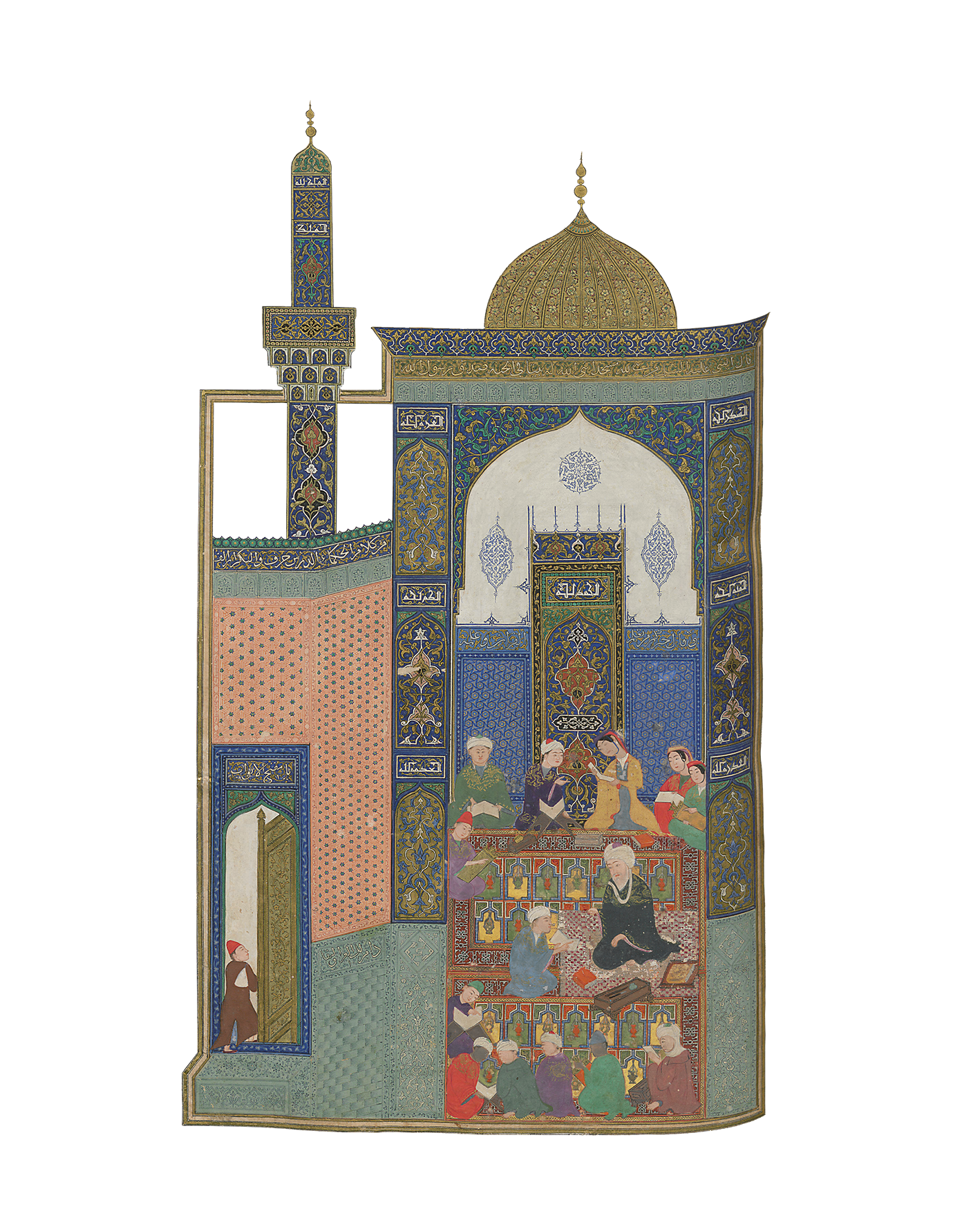


DATE 1188
Leyli and Majnun
The great Azerbaijani poet and thinker Nizami Ganjavi was a rare contributor to world literature. Following his poems, The Treasury of Mysteries and Khosrow and Shirin, the poet turned in his next work to the motifs in the story of Leyli and Majnun, employing them to reflect his richly-hued meditations on the phenomena of humanity, time, nature and society. Although it was Shah Akhsitan of Shirvan who commissioned the work from him, Nizami did not create a piece only to praise the rulers of the day; he led with his own preoccupations.
While working on Leyli and Majnun, which he completed in four months in 1188, he researched extensively around the story and immersed himself in various sources. The poem itself is clear evidence that as well as local folklore, Nizami also took in written sources. In comparing his poem with Arab sources, we cannot but note how skilfully he drew on a variety of small, fragmentary and artistically dry fables about the legendary couple.
Leyli and Majnun is a legend full of sorrow. Based on an ancient Arab story, it relates the love of Qays, a young man labelled ‘Majnun’ [‘crazy’ in his love], for the beautiful Leyli. Nizami employs the vividly colourful palette of his wonderful art to portray a strong and selfless Majnun in his humanity, mind and love, and his resolution and courage in surmounting the obstacles on the path to cognition.
Through the character of Leyli, Nizami has described women’s awakening in the Middle Ages, and their understanding of humanity and tragedy. Leyli is Majnun’s female half; she loves, burns, feels and is a martyr, just like Majnun. Her tragedy also stems from the unwillingness of the old to voluntarily cede to the new; the old’s cruelty and ruthlessness towards everything new.
Through his characters, and the events and themes he described and analysed in this poem, Nizami created an image of a man with strong values and presented a landscape of the thoughts, ideas and morals of the time. As with the poet’s previous works, this poem is a rich treasury of ideas, rooted in life itself.
Source: Nizami Ganjavi, Leyli and Majnun. “Leader Publishing House”, Baku. 2004. pp.4, 5, 6, 10, 11.
Author of the foreword and scientific editor: Khalil Yusifli




